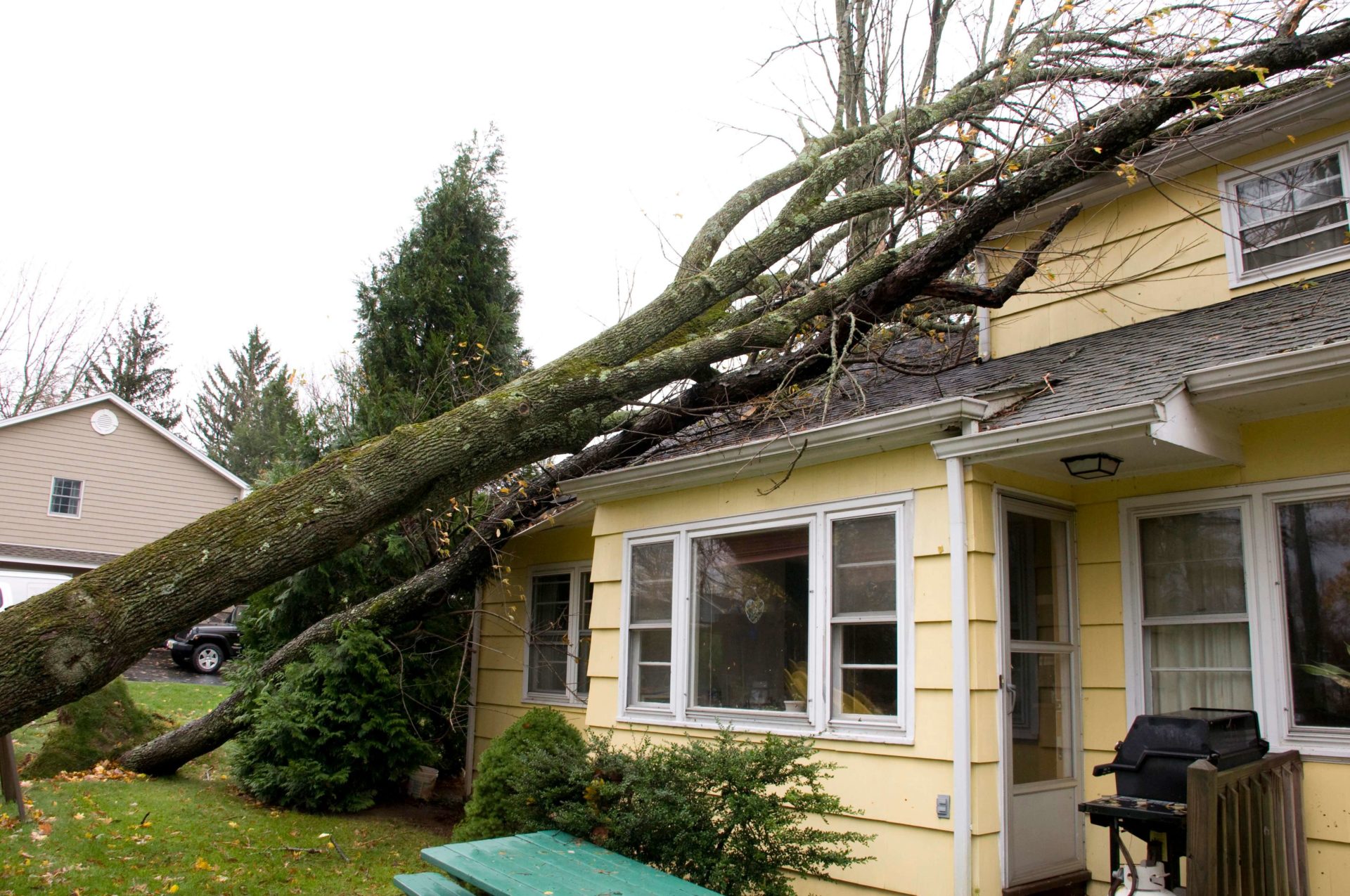Money crises aren't rare. So why do we pretend they are?
Hurricane Irma is long gone. For some Floridians and Texans, the destruction lingers.
I’m not talking about physical injuries or structural damage. I’m talking financial impact — and not on businesses but individuals.
In fact, businesses rebounded quickly from the large and deadly storm.
“Cash balances for the typical small business dropped by more than 7.4 percent after landfall in Houston and Miami but recovered within two weeks.” says a recent study by JP Morgan Chase. “Few small businesses in most Houston and Miami neighborhoods had significant revenue loss for more than four weeks.”
Sadly, that wasn’t true for residents who were already barely making ends meet — which is most folks these days.
“Debt payments dropped by more than 15 percent in the week of landfall and cumulatively remained lower than baseline 10 weeks after Hurricane Irma,” the report says. “Ten weeks after Hurricane Irma, consumers had not fully caught up on healthcare and medical payments they had deferred during the week of the hurricane.”
This unheralded report is more important to me than similar research that focuses on government costs that ran into the millions after the storm. Why? Because the government can (and sadly does) print money. Average Americans who faced down Hurricane Irma while buried under thousands of dollars of credit card and student loan debt had no surefire way to recover.
Hurricanes and recessions
What does a 2017 hurricane have to do with a 2018 recession? The last recession was triggered by a man-made disaster: the mortgage crisis. Without question, man-made disasters are more devastating than natural ones, because they cover the entire country and linger for years.
They also do more damage when Americans don’t have the financial resources to recover quickly. Despite the much-hyped surge in the stock market, more Americans are in debt today than were during the Great Recession. Don’t believe me? Check out Debt.com’s Personal Finance Statistics. Credit card debt and student loan debt have both broken the $1 trillion mark since then.
If Americans in the path of Hurricane Irma were driven deeper in debt because of one hurricane that lasted a single day, what will happen when the auto-loan market implodes? Or student loans finally collapse upon themselves?
Fear, not laziness
I don’t know when the next recession will hit, but it’s not risky to say it’s coming. It’s always coming. Like the common cold, you can take precautions, but you can’t avoid it entirely.
Sadly, 59 percent of Americans “think it is likely there will be a recession in the next year.” That’s according to a new poll by Marketplace-Edison Research, which revealed these concerning numbers…
- “25- to 34-year-olds and African-Americans are the most anxious about their personal economic situations.”
- “49 percent of whites say income inequality has increased, versus 51 percent of African-Americans and 58 percent of Hispanics.”
- “Women were more likely to say they’ve still not recovered from the recession — 18 percent vs 10 percent for men.”
This tells me many Americans are still recovering from the last recession at the same time they expect another one. That one-two punch will devastate them. If that happens, the next recession could be deeper than the last, even if it is milder in actual economic numbers.
It would be akin to a weaker hurricane blowing through Miami and Houston on the heels of Hurricane Irma — it would still do massive damage, not because of its own force, but because of the winds that preceded it.
We need to worry about the economy the same way.








